


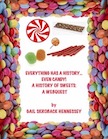




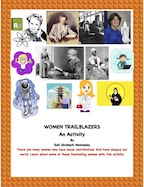
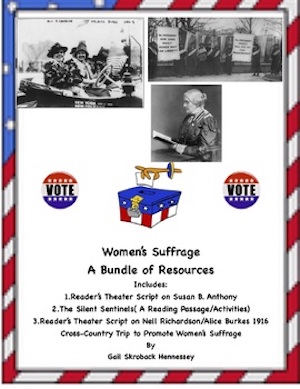
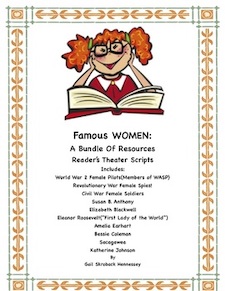
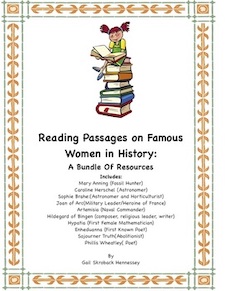

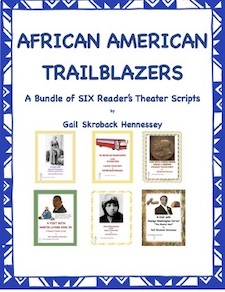
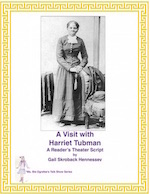
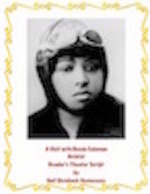
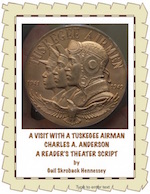



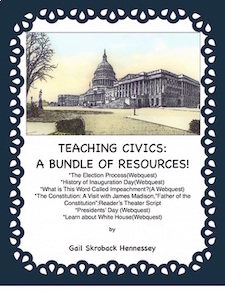
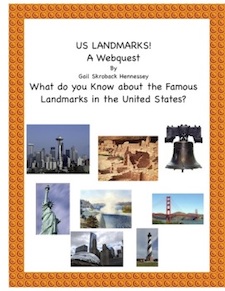

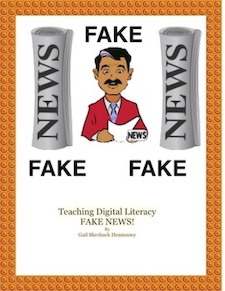
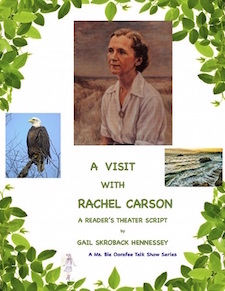
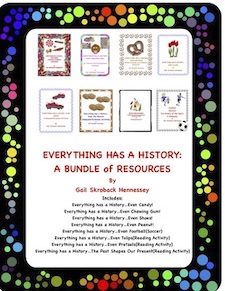
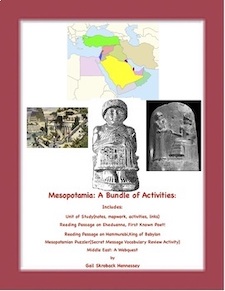
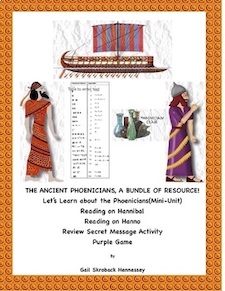
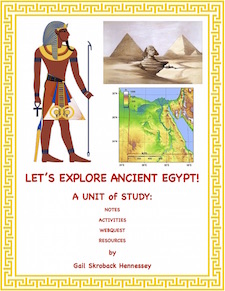
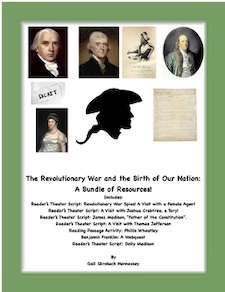
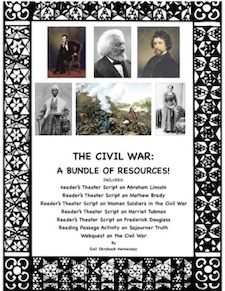
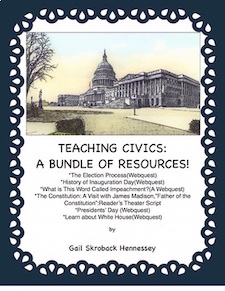
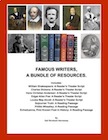
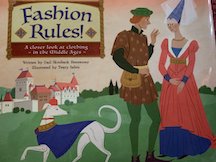
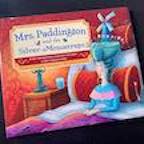
My Book-Mrs. Paddington and the Silver Mousetraps
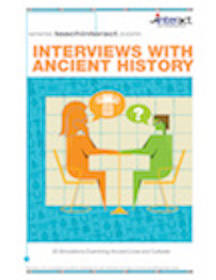




Anti-Bullying Resources

Bell Ringers!

Updated regularly
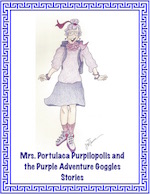
Mrs. Portulaca Purpilopilis
and the Purple Adventure Goggles




Facts to Wow your Friends!

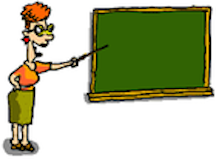 Teaching Ideas!
Teaching Ideas!
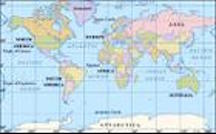
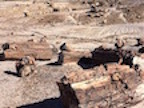

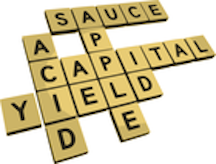



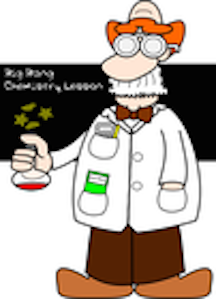
` `

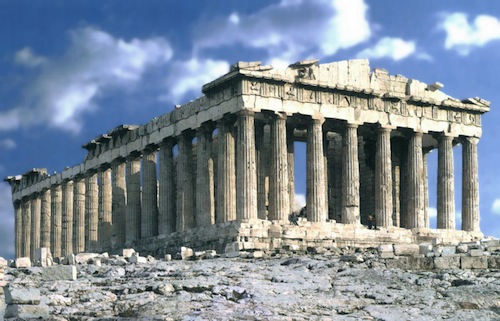
It's Greek to Me....
The birthplace of democracy, trial by jury and the Olympic Games are just some of the gifts the ancient Greeks gave to the world.
With the Winter Olympics about to begin, introduce your students to the mountainous peninsula country of Greece with some of these activitities. Try the cyberhunt on Let's Explore the Ancient Greeks and Greece under the cyberhunt section of my website.
- Write a Greek Poem called a hexameter. It's a 6 syllable per line poem(about 5 lines). The origin of the poem dates back to an oracle at Mt. Parnassus called Pythia(PIE thee a). Pythia sat over the crack in the earth at the Oracle at Delphi. The vapors made her dizzy and she was incoherent in her comments. Others had to translate her message and did so in a poem called a hexameter.
- Listen to Greek music. https://video.search.yahoo.com/search/video?fr=yfp-t&ei=UTF-8&p=listen+to+greek+music+onloine#id=1&vid=18c6b3f0b67e9de726aba9ec62a1e578&action=click
- Have students write messages in Greek. At this site you can copy the alphabet of the Greeks.
- You might want to have the kids make "Sky-tales". Using the same pencil size, use strips of paper which you tightly wrap around the pencil. Write a message on your strips. Exchange and have another student wrap the strip on their pencil to "read" the message which means nothing when an open strip. During ancient Greek times, messages were carved into leather worn as belts. A rod was carried that when the belt was wrapped around, would spell out the secret message.
- Have students read a classic Greek folkstory.
- Pieces of the Parthenon were taken from Greece and now are located at the British Museum in Great Britain. The Greeks say the Elgin Marbles, as they are called, belong in Greece.Elgin Marbles
Debate the return of the Elgin Marbles to Greece.
- Make a Greek cookie:http://allrecipes.com/Recipe/Easy-Baklava/ The Greek baklava may be too difficult to make but here's a recipe for it.
- Greek boys used tablets made out of wax for writing. Using a stylus with an edge that could "erase" mistakes or previous lessons, students could try writing on homemade wax boards.
- Have a symposium: Sit on a blanket and pass along some grapes to eat. Discuss topics such as those of the Greek philosophers(lovers of wisdom) Socrates ,Plato and Epicurus. "Only two types of smells exist-good and bad" Do you agree or disagree with Plato¹s comment? "One is never too young or too old to seek wisdom." Discuss this thought of Epicurus.
"What accomplishment or possession do you most value in yourself?" Discuss this question of Socrates. - People in ancient Greece believed that they could have questions about their future answered at oracles. One such oracles was that at Delphi where a priestess named Pythia would give answers in the form of a poem called a hexameter. Have students ask a question(Will I marry? Will I become wealthy? etc.) and write Pythia's responses in a 6 syllable per line poem of about 5 lines).
- Gifts to the World. The Greek gave the world the ideas of Trial by Jury and democracy and were the earliest to use steam as a source of energy. Approximately 12 % of our words in English have their origin from Greek.The Greeks also gave the world the Olympic games.
OLYMPIC GAMES
The Olympic Games. Today, as you watch the exciting Olympic Games, you will see hundreds of women athletics competing . But, historically, women weren't always welcome at the games.
Did you know that woman were unable to attend the ancient Olympic Games ? Begun in 776 BC, in ancient Greece, to honor the gods, even watching them could mean a penalty of death! It isn't sure WHY women couldn't attend but perhaps, it had something to do with the fact that the male athletics participated without any clothing! Ancient Greek women didn't take the fact they were unable to attend or participate sitting down. They formed their own games! Called Heraea, in honor of the queen of the gods , Hera, women competed in running races and just like the men, received wild olive wreath crowns as winners.
When the modern day Olympic Games got started in Athens, Greece, in 1896, women were again not welcome. Yes, they could attend to watch, but they were NOT eligible to compete. Several female athletes demanded that they be allowed to participate but did not succeed in their attempts. It wasn't until the 1900 Olympic Games in Paris, France, that woman first were allowed to show their athletic abilities. Six women competed in golf and tennis. Eventually, women athletes competed in archery, then gymnastics and figure skating and in 1912, the first female swimming and diving competitions took place. In 1928, women participated in track and field events and officials almost ended all women¹s events when one of the female participants collapsed in a running race, believing that this proved that the Olympic competitions were too strenuous for women. Thankfully, women's competition in the Olympic Games went on!Did you know?
Look at the five interconnected rings of the white Olympic flag . The flag's colors, created in 1914 by Pierre de Coubertin, blue, yellow, black, green and red were selected because at least one of the colors appear on the flag of each country in the world.The Olympic flame is lit at the ancient site of the Olympic Games in Olympia, Greece, using mirrors and the sun, and kept burning until the closing of the games. Today, the flame travels the world prior to the games and has been transported by airplane, submarine, automobiles, dog sled, skiers, horse-drawn sleigh, snowmobiles, ski jumpers and other methods of transportation.